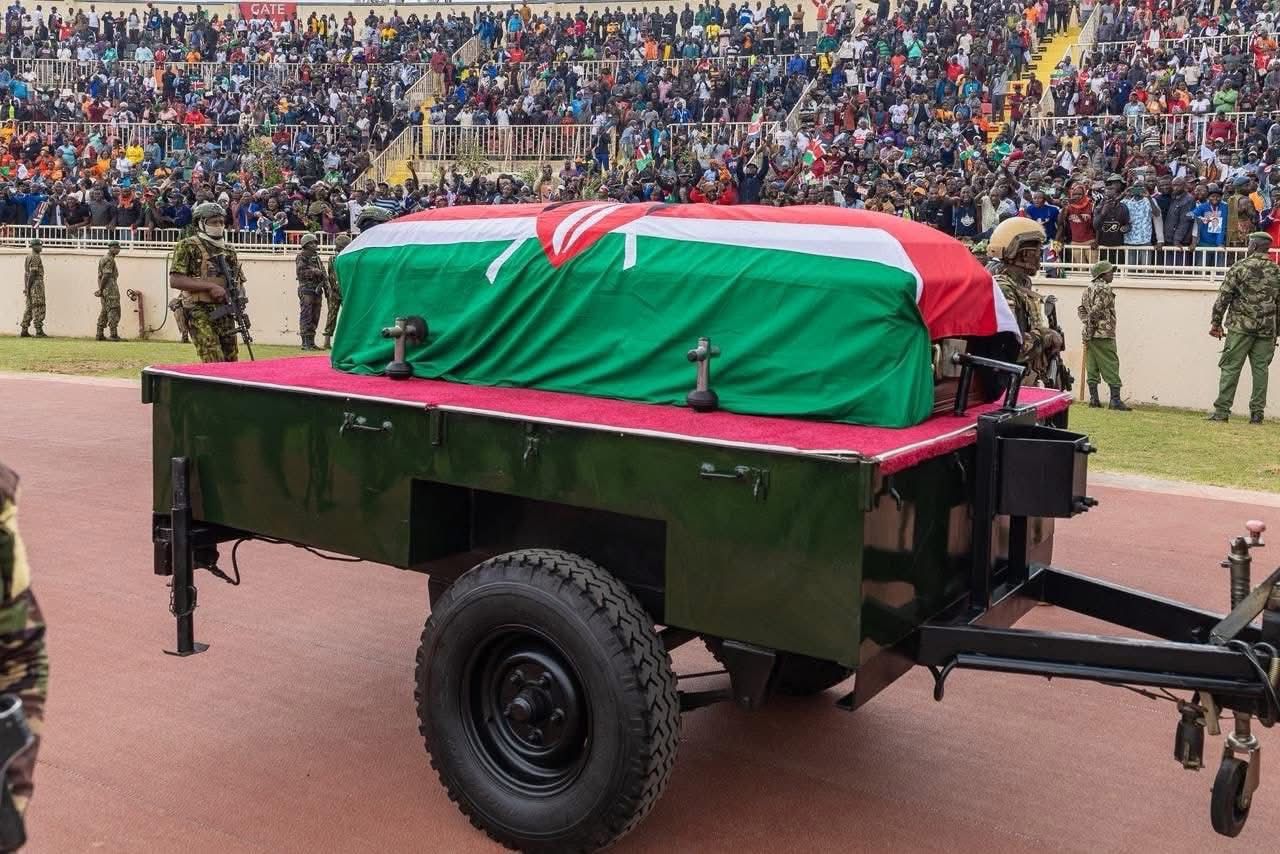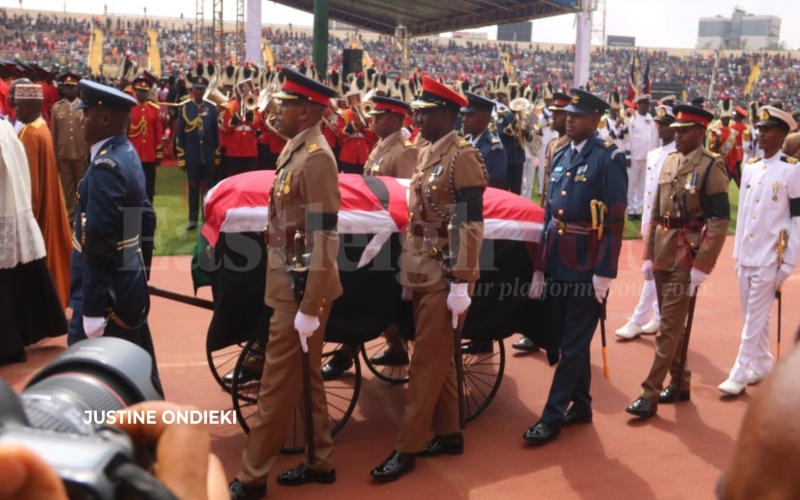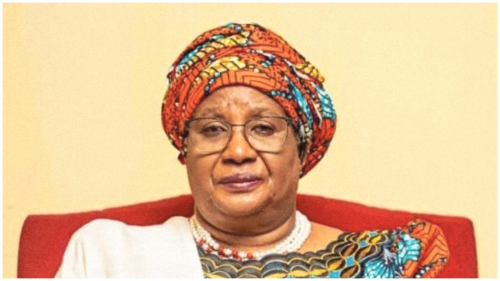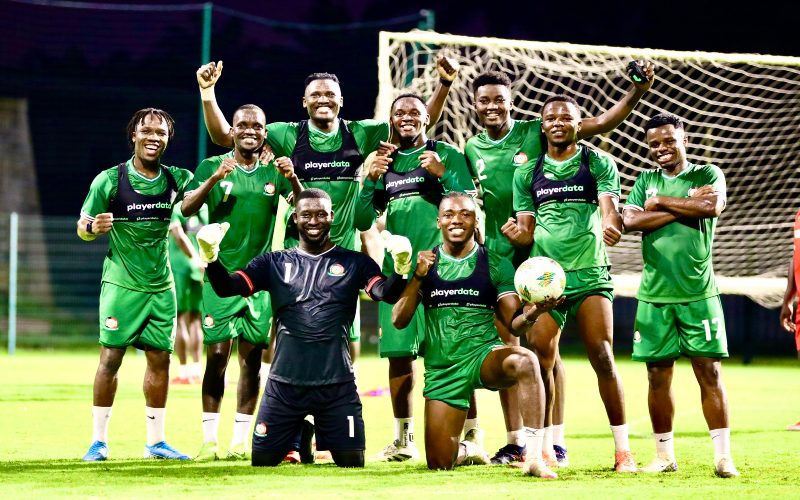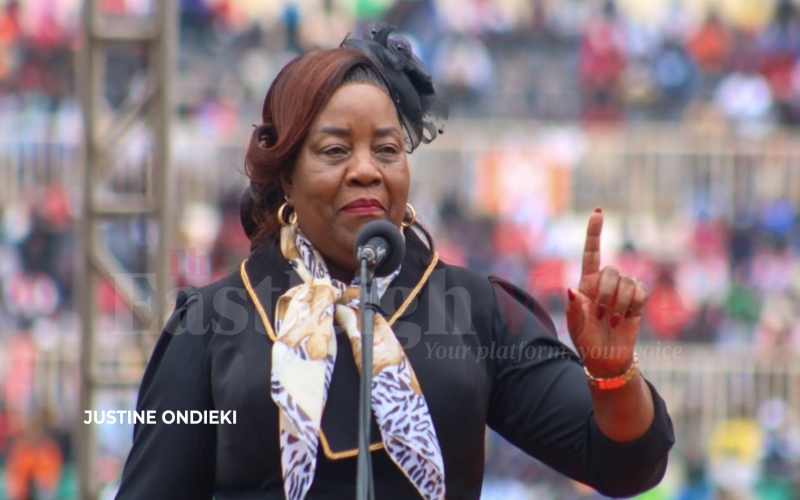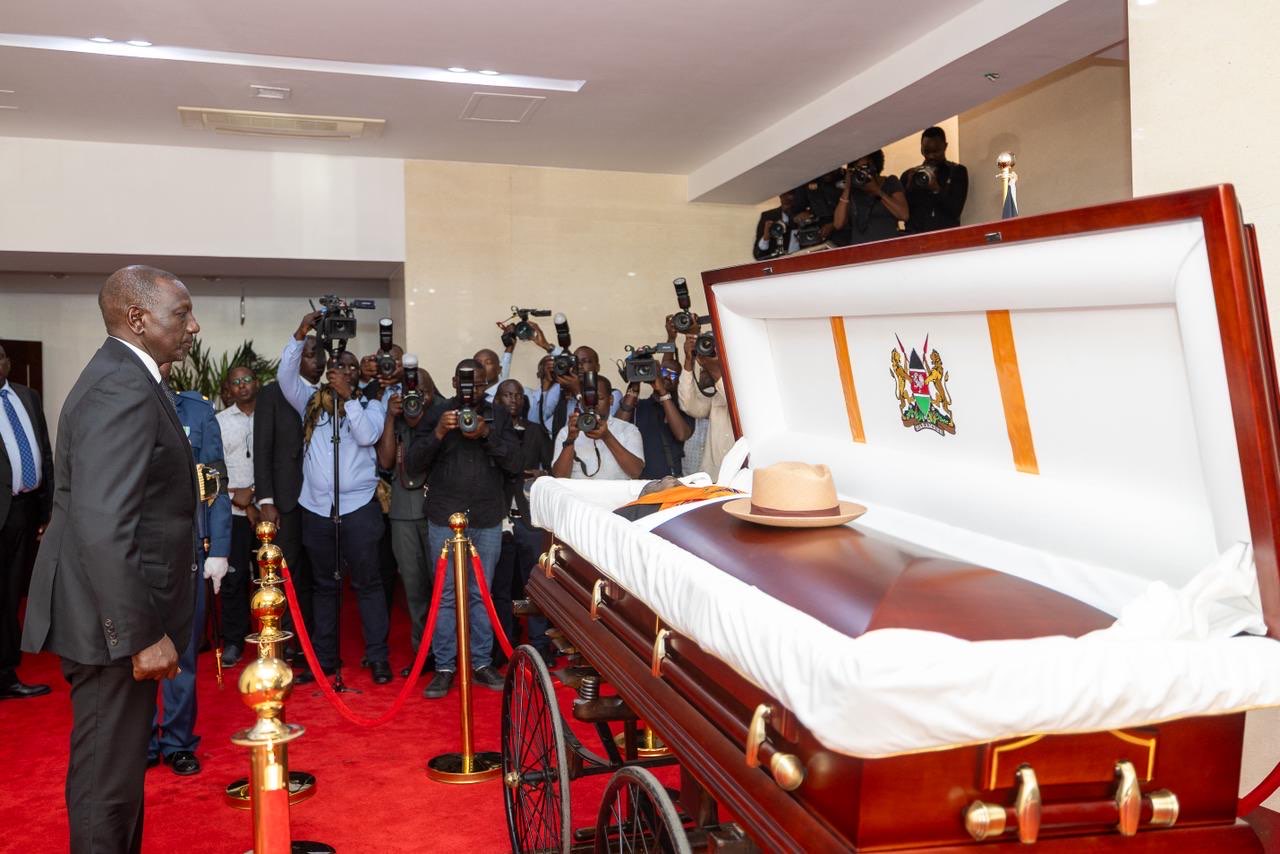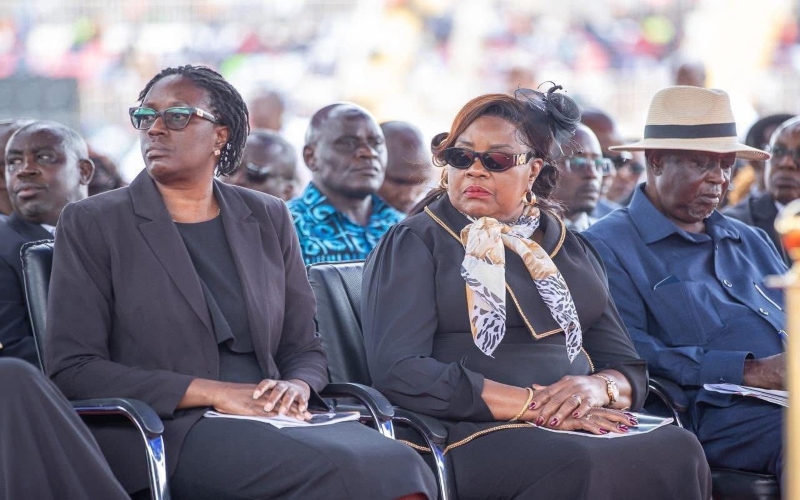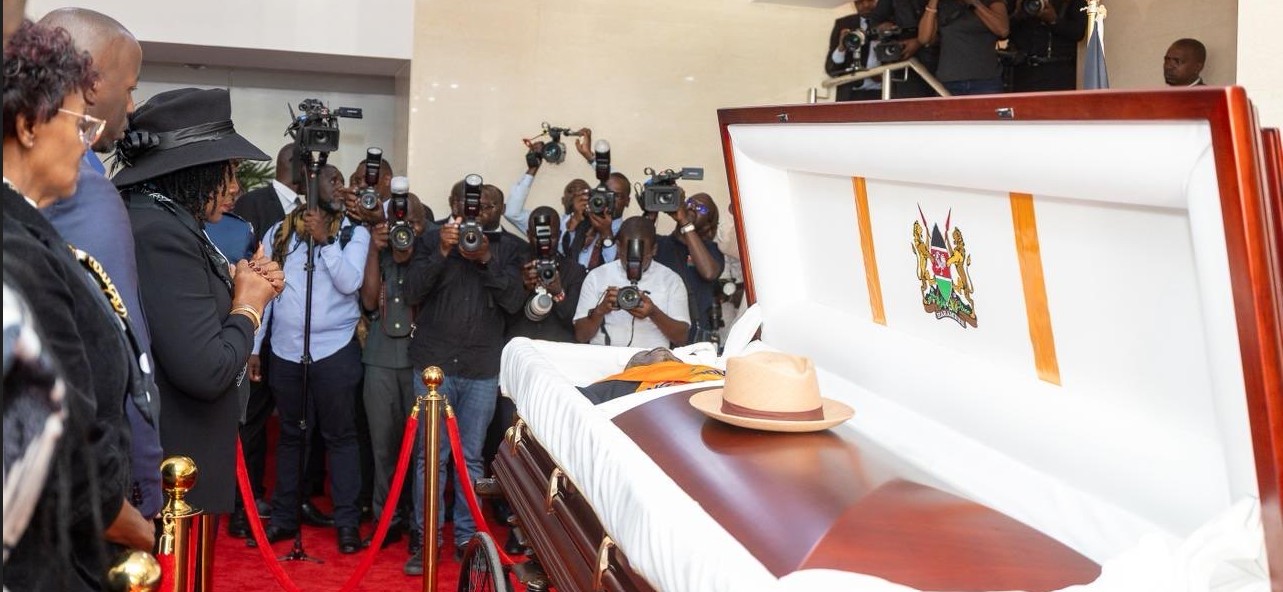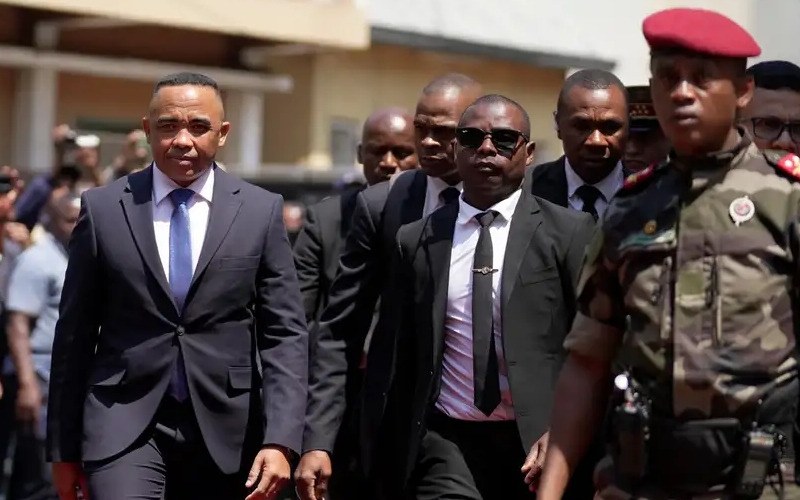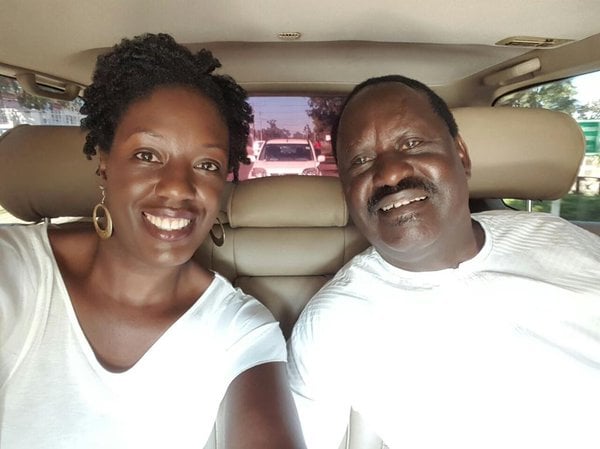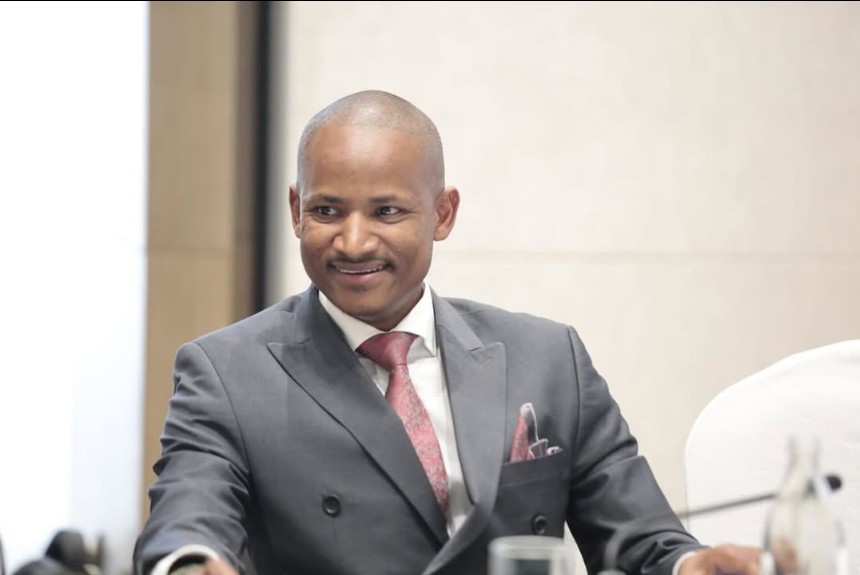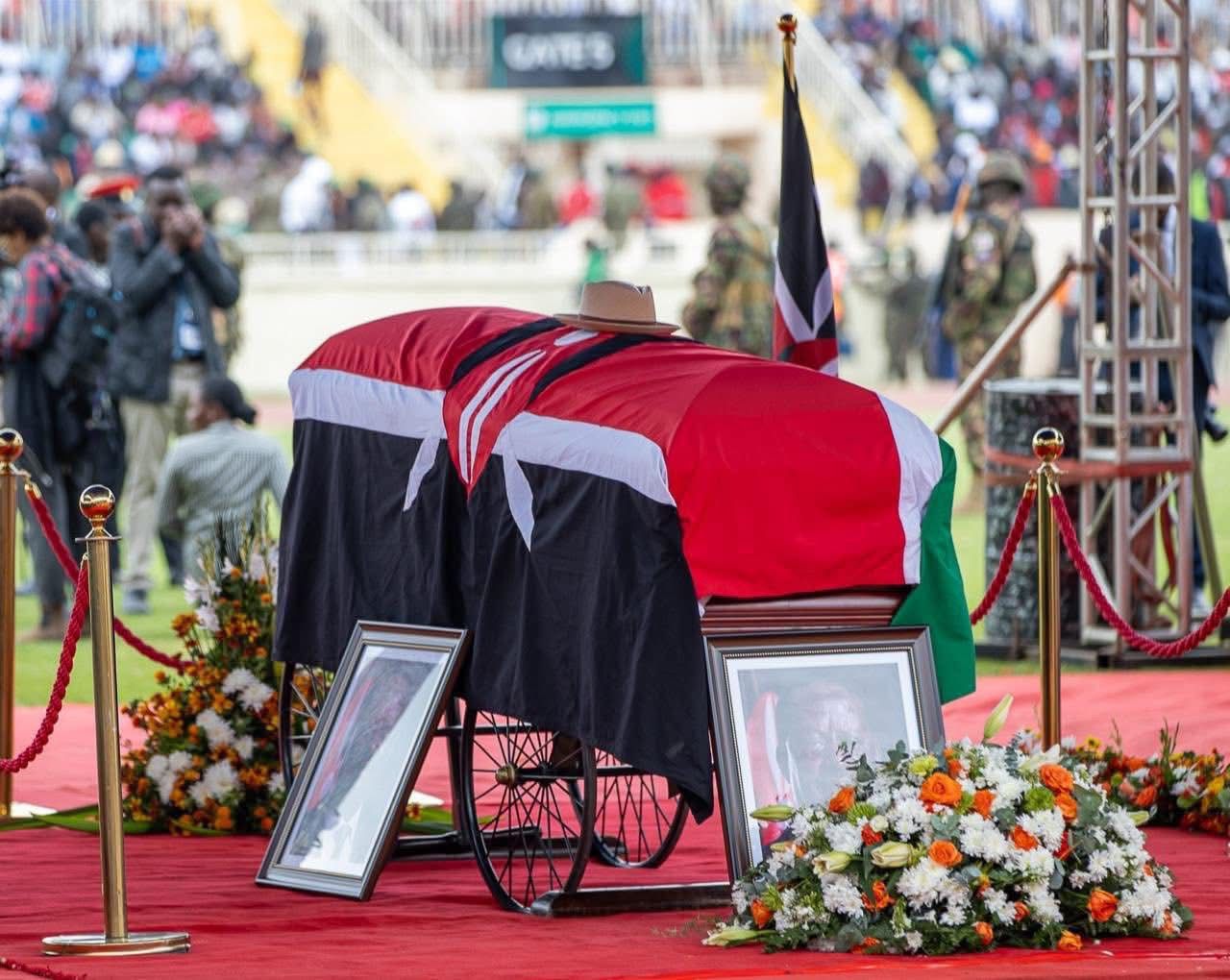Raila Odinga: The politician who stood with the press
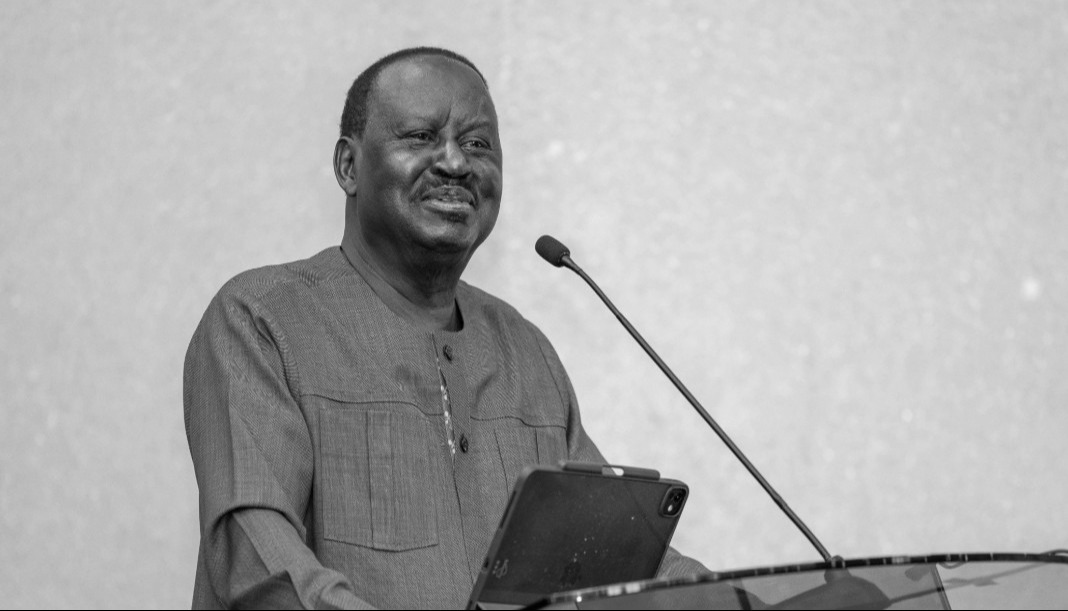
Although he sometimes called out bias in the media, he frequently defended journalists and the industry whenever it came under political attack. He rarely overreacted to negative coverage, as many politicians are prone to do.
Nearly every media house in Kenya has, at one point, found itself in court or dealing with a complaint from an egotistical politician offended by an article that exposed their wrongdoings.
It is therefore worth noting that, despite his long career in politics and constant presence in the limelight, former Prime Minister Raila Odinga rarely engaged in court or public confrontations with the press over what was written about him.
More To Read
- Public viewing of Raila's body concludes peacefully, body taken to Lee Funeral Home
- Kisumu prepares to welcome Raila one last time as body arrives for public viewing at 8:00 am
- Mama Ida Odinga reflects on 52-years of marriage with Raila Odinga at State Funeral
- Babu Owino says he fears for his life, alleges attack plot ahead of Raila’s burial
- Raila’s body to stay at Lee Funeral Home overnight, not Karen residence
- Uhuru Kenyatta remembers Raila in touching tribute
On many occasions, Raila, unlike most politicians, advocated for a free press as a cornerstone of democracy.
Although he sometimes called out bias in the media, he frequently defended journalists and the industry whenever it came under political attack. He rarely overreacted to negative coverage, as many politicians are prone to do.
In 2023, after accusing The Star newspaper of biased reporting, Raila called for a boycott of the publication. However, he later rescinded the move a few weeks later and instead lodged a formal complaint with the Media Council of Kenya.
In August, in what would now be regarded as his final public criticism of the media, Raila accused journalists of corruption while highlighting how graft had taken root in the country during that year’s Devolution Conference in Homa Bay County.
“The media is also not blameless here. If you see any media exposing corruption in the judiciary, the executive, or the legislature, they themselves have been paid to do what they are doing. So the media is not blameless in this one,” he said, urging a rethink on how the country tackles the challenge of graft.
The industry, however, remembers the many times he stood up for press freedom, particularly when journalists were assaulted by rogue police officers while covering protests in the capital.
Whenever reports of intimidation against journalists surfaced, he spoke out against the perpetrators and often issued messages of solidarity with the media during annual press freedom commemorations.
In July last year, Raila apologised to journalists who were ejected by youths from an Azimio la Umoja coalition event in Nairobi, after goons disrupted a press briefing by former Vice President Kalonzo Musyoka.
While engaging members of the press in Addis Ababa last year during his campaign for the African Union Commission (AUC) chairmanship, Raila said: “In my long relationship with the media, I have appreciated the important role a free and open media plays in society in conveying accurate information to the people, enabling them to make informed decisions.”
Last year, Kenya fell from position 69 to 116 out of 180 countries in the annual Reporters Without Borders Press Freedom Index, as cases of harassment rose amid a surge in hostility marked by police brutality against journalists during demonstrations, as well as overt antagonism from some state officials. Still, Raila stood up in defence of journalists and their core mandate.
In 2008, he and his party, the Orange Democratic Movement (ODM), opposed an amendment to the Kenya Communications (Amendment) Act that granted the government powers to raid media houses, control content, and impose fines.
Notable quotes by Raila on press freedom
“Limiting our press freedom will limit our national thinking. Vibrant and objective debate is necessary to spur growth.” — 2013
“Press freedom in the August House can only be good for public interest.” — 2013
On Wednesday, the Media Council of Kenya (MCK) mourned Raila as a guardian of the press.
“The MCK joins the nation in mourning the passing of former Prime Minister Raila Amolo Odinga. A towering figure in Kenya's democratic struggle, Raila was a steadfast champion of media freedom and free speech, recognising them as essential pillars of a strong democracy.”
MCK added that Raila’s defence of the press was resolute, particularly during difficult times such as government shutdowns of major television stations and anti-government protests, where he condemned police attacks on journalists and reinforced the media’s vital role in upholding democratic principles.
“Raila’s legacy as a defender of media freedom endures, inspiring journalists and citizens to champion truth and accountability. His voice, resonating across digital media platforms, remains a guiding light for a free press in Kenya and beyond. The MCK honours his lifelong dedication to ensuring the media thrives as a cornerstone of democracy. Rest in eternal peace, Baba.”
Top Stories Today

